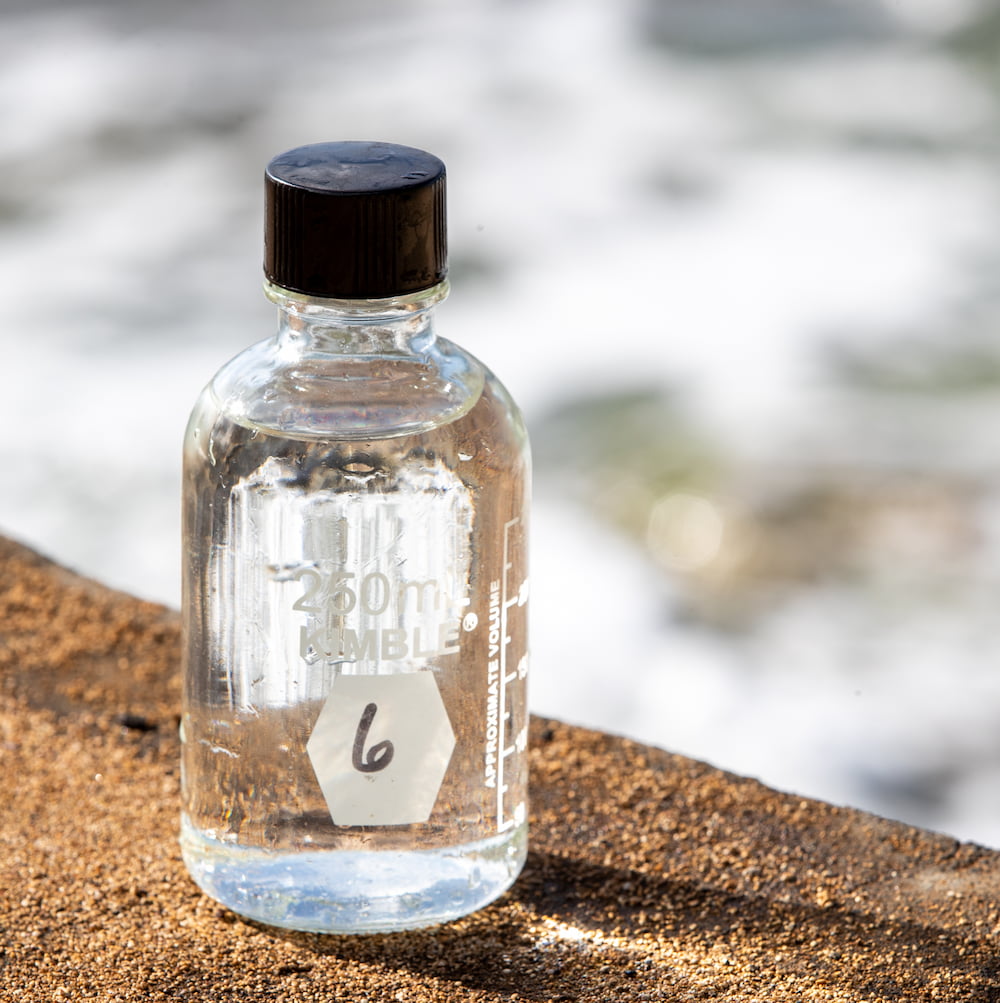
Ban the use of acelepryn use in Connecticut
Pass a statewide ban in CT on the pesticide acelepryn
Surfrider Connecticut is working with Connecticut Pesticide Reform to ban the pesticide Acelepryn statewide.
What is Acelepryn?
Chlorantraniliprole (CAP) is a relatively new and widely used pesticide that targets grubs, caterpillars, and other soil-dwelling invertebrates. It is highly toxic to aquatic invertebrates like oysters, crayfish, shrimp, and smaller organisms that make up the base of the food chain.
How does Acelepryn pollute the water?
While it is sprayed upstream on farms or landscaping, this pesticide readily spreads to waterways and marine environments through runoff, carried downstream through irrigation and rainwater. Some formulations of the pesticide can create runoff for months after it is first applied! Once in the water, it can harm or kill the shellfish and organisms that support healthy ecosystems, our blue economy, and tourism.
Why are oysters important?
Oysters are incredibly important to protecting clean water and supporting our communities economically.
- Oysters naturally filter as much as 50 gallons of water a day
- Oysters help improve water clarity, reducing nitrogen and sediment floating in the water
- Oyster reefs and shells provide habitat for fish and marine life
- The Connecticut oyster industry contributes $23 million to the state economy each year
- The Connecticut shellfishing industry provides over 300 jobs statewide
- Connecticut ranks in the top five of all shellfish-producing states, and is ranked third along the Atlantic coast
How is the Connecticut Chapter Taking Action?
Surfrider CT is actively working with a coalition of environmental groups to ban Acelepryn across the state. The CT chapter is fundraising for and facilitating water tests across CT to detect current levels of this pesticide in the water. Testing for specific pesticides is an expensive process and not done in routine water testing. They will also be conducting tests exposing oysters to Acelepryn-contaminated water to determine the direct effects.
Want to Get Involved?
If you are interested in getting involved with this effort, please email chair@ct.surfrider.org.
